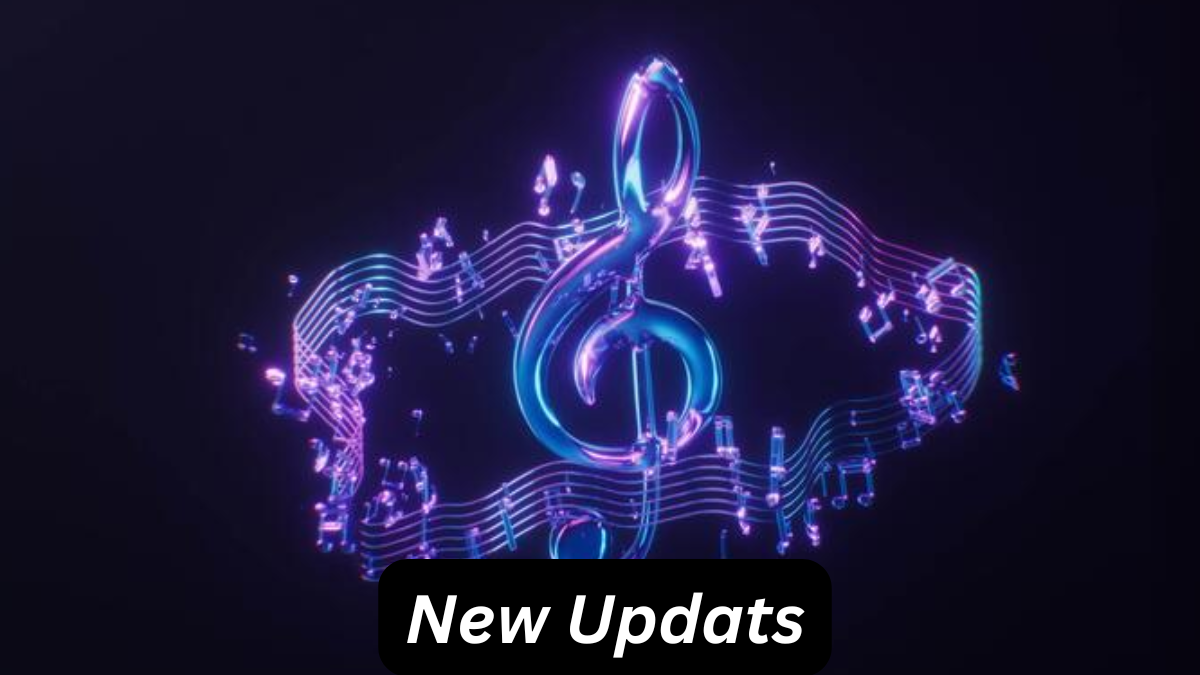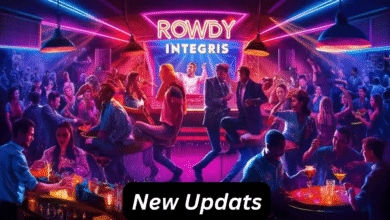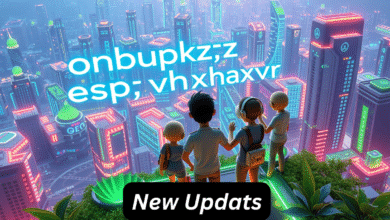The term “Discog Definition” is a shorthand often used in reference to “discography,” which pertains to the comprehensive catalog of music recordings released by an artist, band, or music label. However, in more recent contexts, particularly in digital music communities, the word “discog” is also commonly used to refer to the platform Discogs, which is a vast online music database and marketplace. Therefore, the “discog definition” encompasses two interconnected meanings: one being the traditional term discography and the other being the digital domain of Discogs, where this data is organized, explored, and exchanged by enthusiasts globally.
Origins and Etymology of “Discog”
The root of the term lies in the word “discography,” a fusion of “disc,” referring to records or audio recordings, and “graphy,” which denotes a form of writing or documenting. Initially coined to document the works of jazz musicians in the mid-20th century, the term grew in popularity as music publishing became a more formalized industry. Over time, “discog” became a colloquial abbreviation, especially in niche music circles, collectors’ forums, and vinyl communities, to simplify the reference to discographies or the Discogs platform itself.
The Role of Discography in Music History
Historically, discographies have served as essential tools for researchers, critics, collectors, and fans. They provide chronological listings of recordings, including singles, albums, live recordings, and collaborations. These entries typically include release dates, record labels, track listings, catalog numbers, and often chart positions or critical notes. For serious music scholars, a discography can reveal the evolution of an artist’s sound, collaborations across time, and the broader cultural Discog Definition in which music was created.
Beyond the academic use, fans use discographies to complete their collections, explore rare tracks, or understand an artist’s musical journey. For record labels, maintaining a discography is both a historical record and a branding tool that underscores their influence in specific genres or decades.
Discogs as the Digital Evolution of Discography
While discographies were traditionally printed in books, magazines, or liner notes, the digital age demanded a more dynamic, accessible format. Enter Discogs. Launched in 2000, Discogs was designed as a user-generated database where music enthusiasts could build and access extensive discographies from every corner of the globe. It started primarily as a platform for electronic music but rapidly expanded to include all genres, formats, and languages.
Today, Discogs functions both as an archive and a marketplace. Users create detailed listings of physical music formats, including vinyl, CDs, cassettes, and even obscure formats like MiniDiscs. Each entry includes meticulous metadata such as matrix numbers, pressing variations, artwork differences, country of origin, and more. The database is managed by the community, and entries are peer-reviewed for accuracy, making it a hybrid of Wikipedia and eBay tailored for music collectors.
How Discogs Shapes the Modern Music Landscape
The influence of Discogs in the digital music world is profound. For collectors, it’s an essential tool to determine the rarity and value of their records. The pricing history feature allows users to see how much a particular pressing has sold for in the past, giving them insight into market trends. This pricing transparency has redefined how vinyl records are valued and traded.
For artists and labels, Discogs is a promotional asset and a legacy tool. Even independent musicians can catalog their releases, ensuring that their work is documented for posterity. Many artists use it as a way to maintain control over their discographic identity, curating their entries with detailed notes and visuals.
For DJs and music producers, particularly in the electronic and hip-hop communities, Discogs is an invaluable resource. It aids in digging through past releases for samples, rare grooves, or inspiration. The depth of information allows them to trace sounds back to their origins, offering a cultural and technical foundation for new work.
The Community Behind Discogs
One of the most unique aspects of Discogs is its community-driven model. Contributors come from all over the world, united by a passion for music. They spend hours cataloging obscure 7-inch singles from the 1960s, documenting forgotten regional labels, or photographing label art for global reference. There are discussions, forums, and user-generated guides that help newcomers understand how to distinguish between different pressings or recognize bootlegs.
The accuracy and richness of Discogs rely heavily on the diligence of this community. It’s a collaborative effort akin to maintaining a massive, living encyclopedia of recorded sound. Moderators ensure that entries meet strict formatting standards, and debates about accuracy are common. This makes Discogs not just a database, but a digital cultural institution for music lovers.
The Technical Structure of Discogs
Underneath its user-friendly interface, Discogs is a complex system built to handle vast amounts of metadata. Each release is assigned a unique release ID, and multiple versions of the same album—such as international pressings, reissues, or promotional copies—are documented as separate entries. This granularity is key for collectors who seek specific editions, such as a first pressing or a limited-run colored vinyl.
Advanced filters and search tools allow users to find records by label, genre, format, year, and even barcode. There’s a master release page that aggregates all versions of a release under one umbrella, offering users an overview and helping them compare variants. The level of detail ensures that nothing gets lost in the vast sea of musical output.
Impact on Vinyl Resurgence
The resurgence of vinyl in recent years has paralleled the growth of Discogs. As people return to collecting physical media, Discogs has become the go-to source for purchasing rare or out-of-print records. Sellers from around the world list their inventory, often giving buyers access to music they wouldn’t find in local shops or mainstream online retailers.
Discogs has played a central role in normalizing vinyl collecting as a mainstream hobby. By providing price history, catalog accuracy, and direct buying options, it has taken the guesswork out of record collecting. It also contributes to a sense of community, where collectors can share their passion and expertise with others.
The Definition of “Discog” in Contemporary Use
In everyday conversation among music fans, the word “discog” is now synonymous with both the act of exploring an artist’s discography and the digital experience of using Discogs. One might say, “I was checking their discog,” referring either to browsing a list of releases or searching on Discogs specifically. The ambiguity reflects how deeply integrated the platform has become with the concept of discography itself.
This linguistic evolution reflects a broader trend in which digital platforms become stand-ins for entire practices. Just as people use “Google” as a verb for searching the internet, “Discog” has become a shorthand for cataloging, researching, or acquiring music records. It’s a blend of form and function, embodying both the archival and social aspects of music appreciation.
Academic and Cultural Significance
The academic world has begun to take Discogs seriously as a research tool. Musicologists, historians, and cultural critics use it to track the influence of certain genres, examine the spread of independent labels, or understand the production practices of different eras. The level of detail in Discogs entries, especially for lesser-known artists, often surpasses traditional sources.
Culturally, Discogs and the discog concept more broadly represent a shift toward democratized documentation. No longer is the history of music curated solely by major labels or media conglomerates. With platforms like Discogs, anyone can contribute to the record, ensuring that underground scenes, regional variations, and overlooked artists receive the recognition they deserve.
Challenges and Limitations
Despite its many strengths, Discogs is not without flaws. The reliance on community contributions means that some entries can be incomplete, inconsistent, or duplicated. Language barriers can affect entry quality for non-English releases, and moderation can be slow for niche genres with fewer active contributors.
Furthermore, as the marketplace aspect has grown, some users feel that the commercial side can overshadow the archival mission. Price gouging and speculative listing have become more common, especially for high-demand records. Nevertheless, these challenges are actively discussed within the community, which continues to evolve its guidelines and practices to address them.
Future of the Discog Concept
As digital culture continues to evolve, so will the concept of a discog. With streaming platforms becoming dominant, there’s a growing disconnect between the availability of music and its documentation in physical or archival form. Discogs and similar platforms may need to adapt to incorporate digital-only releases, NFTs, or decentralized audio formats.
There’s also the potential for more integration with AI and machine learning, which could help auto-fill metadata, identify audio samples, or suggest missing entries. However, the human touch remains vital, especially when it comes to verifying niche releases or understanding cultural nuances.
Ultimately, the definition of “discog” will continue to reflect the balance between technological advancement and human passion for music. Whether used to describe an artist’s catalog or a digital platform that brings global collectors together, the word “discog” carries with it a rich legacy and a promising future.
FAQs
What is the primary meaning of “discog”?
“Discog” is a shortened form of “discography,” referring to a complete list of recordings by an artist. It also refers to the online music database and marketplace, Discogs.
How is Discogs different from a traditional discography?
Discogs is an interactive, user-contributed platform that goes beyond simple lists to include detailed metadata, pricing history, and a global marketplace for music collectors.
Can digital-only releases be part of a discog?
Yes, digital releases are increasingly being Discog Definition in modern discographies and on Discogs, though physical formats remain the platform’s primary focus.
Why is Discogs popular among vinyl collectors?
Discogs offers detailed cataloging of pressing variations and historical pricing, making it an invaluable resource for identifying and purchasing rare or specific vinyl editions.
Is the information on Discogs reliable?
While user-contributed, Discogs is moderated and peer-reviewed, which helps maintain a high standard of accuracy, especially for popular or well-documented releases.




